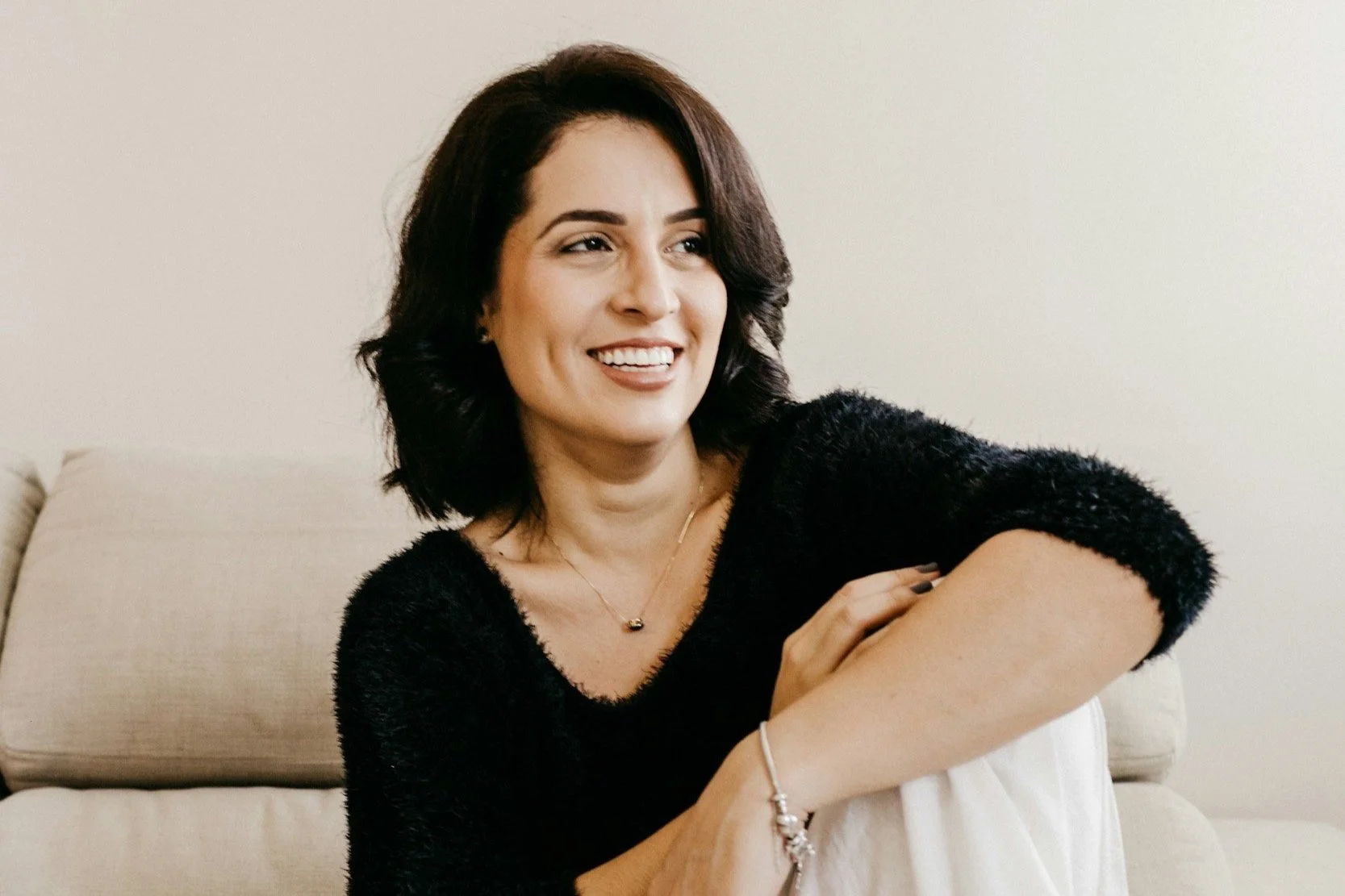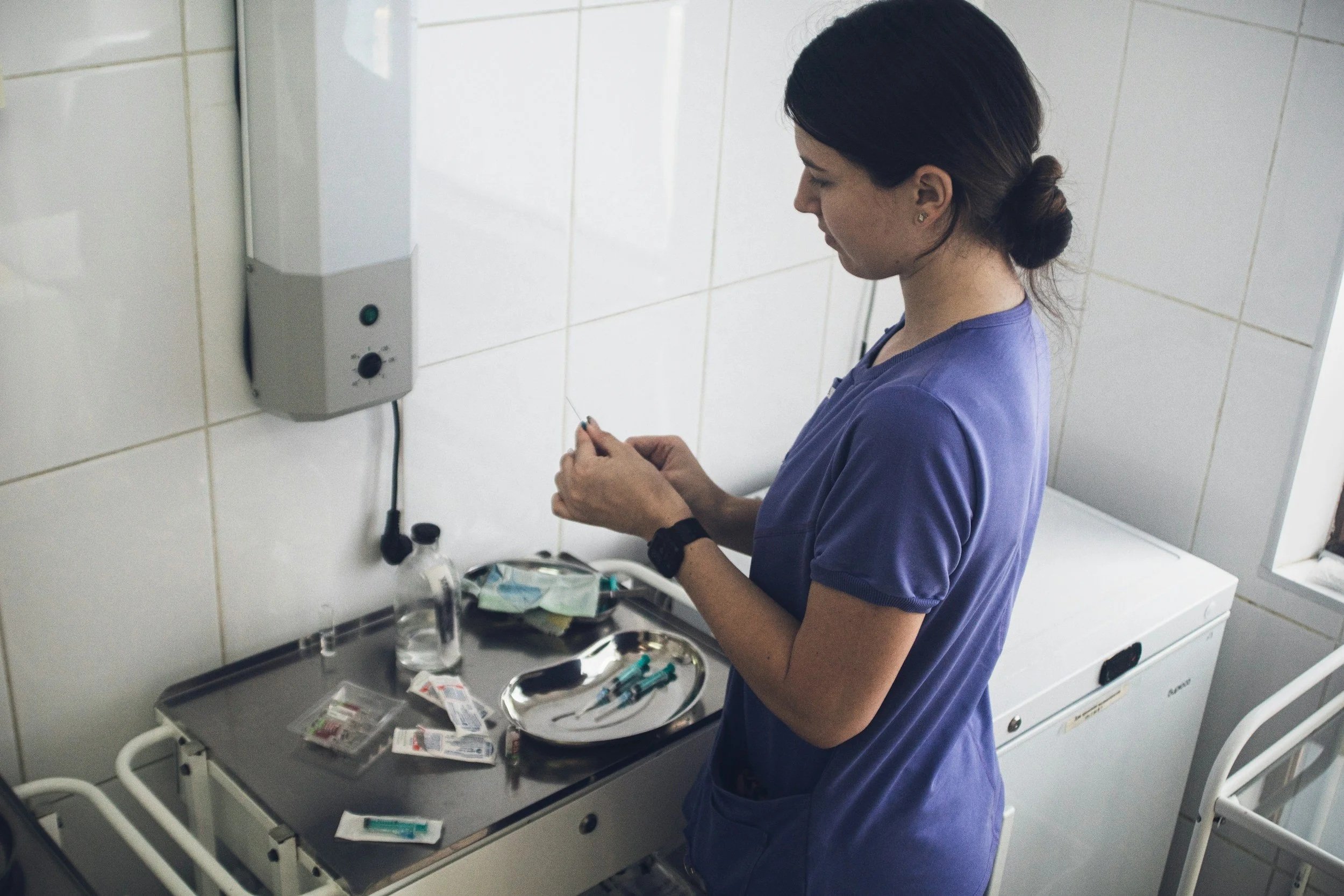
Egg freezing, or oocyte cryopreservation is a popular method of preserving a woman’s eggs for future use. It is often used by women who want to preserve their eggs at a younger age to use them when they are ready for childbearing.
COVID-19 is an infectious respiratory disease caused by a coronavirus. It first emerged in 2019 and then spread globally, resulting in a pandemic that affected millions of people and caused significant social and economic disruption. Many women reported menstrual changes after contracting COVID-19, and the COVID-19 pandemic has raised concerns about the potential impact of the virus on egg freezing outcomes.
Most studies have not reported a significant impact of COVID-19 on ovarian reserve, or ovarian function.
There is limited research on the specific effects of COVID-19 on egg freezing outcomes. AMH (Anti-mullerian hormone) is a hormone produced by the ovarian follicles and used as a marker of ovarian reserve in women. While there are a few small studies that found decreased AMH after infection with COVID-19, most studies have not reported a significant impact of COVID-19 on ovarian reserve, or ovarian function. It is therefore safe to assume that you will likely have a similar number of eggs frozen whether or not you have had COVID-19 in the past (whew!).
You will likely have a similar number of eggs frozen whether or not you have had COVID-19 in the past.
Some scientists have found COVID-19 antibodies (but not the COVID-19 virus) in the follicular fluid, which is the fluid around the egg that is aspirated along with the egg at the time of egg retrieval for egg freezing and IVF. A few have even correlated those findings with decreased likelihood of eggs to develop into high-quality embryos. However, most studies conclude that previous COVID-19 infection does not seem to negatively affect laboratory and clinical outcomes of egg freezing and IVF.
Luckily, there is currently no recommended minimum required interval, if any, between COVID 19 recovery and undergoing egg freezing or fertility treatments, but most fertility centers will want to make sure you are healthy before having an egg retrieval.
The available evidence will continue to grow but for now, if you have had COVID-19, talk to your doctor to decide whether egg freezing is right for you.

Dr. Baruch Abittan is board certified in obstetrics and gynecology and board eligible in reproductive endocrinology and infertility. He is committed to bringing patients the highest level of care with cutting edge techniques and treatments and has developed and led research studies aimed at optimizing IVF success rates.
Learn more about Extend Fertility’s egg freezing practice on Freeze.
Considering egg freezing?
Check out Freeze’s free Compare Clinics tool - it includes pricing, locations, and more for US and international egg freezing clinics.
Answered by Dr. Roy Handelsman from HRC Fertility. Understand how ovarian cysts and ovarian surgery may impact the egg freezing process.
Answered by Dr. Rashmi Kudesia from CCRM Fertility Houston. Here’s a checklist for before, during, and after your egg freezing consultation, including 11 questions you should ask the doctor.
Answered by Valerie Shafran, MSN, FNP-C from Extend Fertility. Discover why fertility experts urge women to stop taking GLP-1 agonists before an egg freezing cycle.
Answered by Dr. Nidhee Sachdev from South Coast Fertility Specialists. Explore what AMH tells us about a woman’s ovarian reserve or how many eggs she has left.
Answered by Dr. Hade from Generation Next Fertility. Understand how egg freezing does not cause long-term weight gain yet there is a chance of transient bloating.
Answered by Rijon Charne, JD from Sunray Fertility. Explore what a reproductive estate plan entails and the situations where having one can make a big difference.
Answered by Rijon Charne, JD from Sunray Fertility. Learn more about the importance of clinic disposition forms, including what they do and don’t cover.
Answered by Rijon Charne, JD from Sunray Fertility. Discover the legal nuances that can shape your options when freezing eggs or embryos.
Answered by Dr. Joshua Klein from Extend Fertility. Learn how birth control relates to egg freezing and if you will need to stop your hormonal birth control before starting the procedure.
Answered by Dr. Jesse Hade from Generation Next Fertility. Discover the important factors that affect chances of egg freezing success in your late thirties.
Answered by Sidonia Buchtova, PA-C, C-RHI from Refresh Psychiatry. Understand if you can stay on an SSRI or SNRI when freezing your eggs.
Answered by Sidonia Buchtova, PA-C, C-RHI from Refresh Psychiatry. Discover tips to help support your mental well-being during preparation, throughout the cycle, and after your egg retrieval, especially if you have a history of anxiety.
Answered by Dr. Katharina Spies from Vida Fertility. Learn about who should consider supplements before and during fertility preservation, and how supplements could support your egg freezing cycle.
Answered by Dr. Serin Seckin from Generation Next Fertility. Understand the key differences to help you make an informed decision that aligns with your personal and reproductive goals.
Answered by Dr. Ido Feferkorn from the Reproductive Medicine Group. Learn how Polycystic Ovarian Syndrome (PCOS) may affect the egg freezing process and outcomes of fertility preservation.
Answered by Dr. Meera Shah from Nova IVF. Understand the potential risks of egg freezing to help you evaluate if it is right for you.
Answered by Dr. Hade from Generation Next Fertility. Learn from start to finish the entire process of what happens on the final day of an egg freezing cycle.
Answered by Dr. Sahar M. Stephens from Northern California Fertility Medical Center. Understand the probability of pregnancy based on the number of eggs frozen and the age at which you freeze.
Answered by Dr. Alison Peck from HRC Fertility. Discover which medications are commonly used for ovarian stimulation during an egg freezing cycle.
Answered by Dr. Kathryn Snow from Piedmont Reproductive Endocrinology Group (PREG). Understand the side effects that you may experience when freezing your eggs.
Answered by Lia Schiller, MSN, AGNP-BC from Extend Fertility. Learn why IUDs can stay in place throughout the egg freezing process.
Answered by Dr. Woo from HRC Fertility. Learn how some medications need to be stopped for an egg freezing cycle while some medications can be continued.
Answered by Dr. Dan Nayot from The Fertility Partners. Learn how artificial intelligence is providing women with more information than ever before about their eggs.
Answered by Dr. Joshua Klein from Extend Fertility. Egg freezing doesn’t impact your chance of getting pregnant naturally, because egg freezing makes use of eggs that would otherwise have been lost.
Answered by Dr. Dan Nayot from The Fertility Partners. Understand the distinction between egg quantity and quality, and explore how AI is transforming egg quality analysis.
Answered by Dr. David E. Tourgeman from HRC Fertility. Understand what options exist for what to do with your frozen eggs if you decide not to use them for IVF.
Answered by Dr. Armando Hernandez-Rey from Conceptions Florida. Learn about minimal stimulation egg freezing cycles and how they can decrease the risk of ovarian hyperstimulation syndrome.
Answered by Dr. Ido Feferkorn from the Reproductive Medicine Group. Find out how egg freezing medications work and how protocols can be adjusted if you can’t take estrogen.
Answered by Dr. Ido Feferkorn from Reproductive Medicine Group. Learn how egg freezing fits into the menstrual cycle and how timing can be customized.
Answered by Dr. Elena Santiago from Vida Fertility. Understand the ins and outs of egg freezing in Spain as a non-resident, including timing, costs, and more.
































